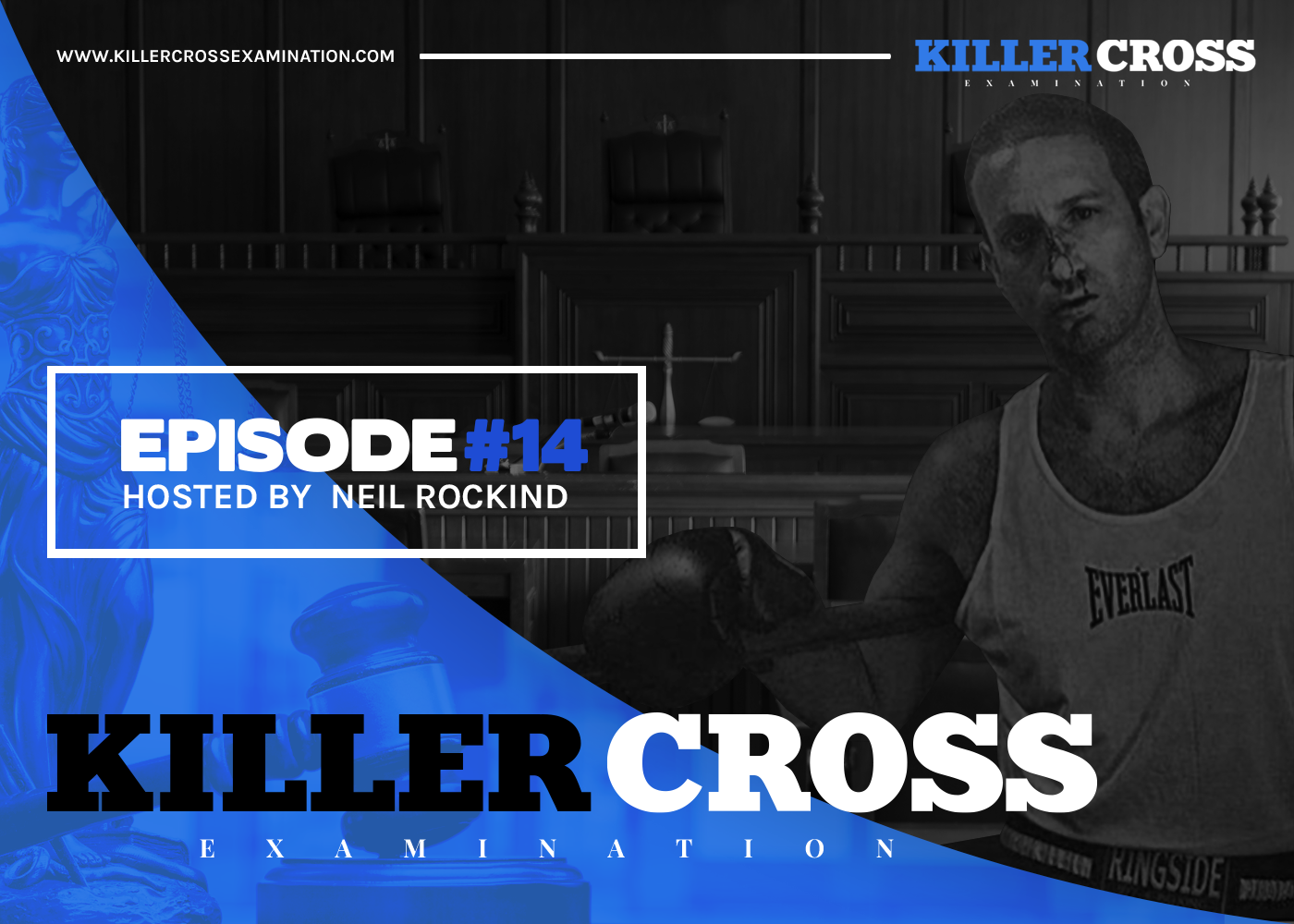
Whether intended or not, prosecutors are the most powerful entity in the criminal justice system. That’s right. You probably thought judges were. While judges have tremendous power, in the end prosecutors have more. They have the power to charge people with crimes, decide what crimes to charge, seek enhancements, make plea bargains, propose sentence agreements, etc. The list is endless. It is because prosecutors have so much power that special rules of responsibility (ethical rules) apply to them. Prosecutors are supposed to ministers of justice and not just advocates. Think about that for a moment — ministers of justice. That means they have an additional responsibility to not just advocate for a conviction but to do justice.
While most people know of prosecutors who work for the government or state, there is another type of prosecutor that most are unaware of — the city or municipal attorney. Some cities hire their attorney or prosecutors internally. In those cities, the attorneys function like a prosecutor hired by the state or county — they are government employees. However, most are not. Most work for private law firms whose firms bid for a contract with a municipality or city. These contracts can be withdrawn or terminated or the firm could, if the city is displeased with the relationship, could be lost during a competitive bidding process.
This podcast is devoted to this type of prosecutor, the city attorney who works for a private law firm who wants to keep the city contract. While most that I’ve encountered are responsible and can put aside the need to keep the city or municipality pleased, some do not. What happens then? What happens when the city or municipal prosecutor is servant to two (2) masters, justice on the one hand and those that hired them on the other?
Please be aware we are relying on impressions, recollections, memories and interpretations.



